Discover the Bold Taste of Grenache Noir Wine: Color, Body & Tannin
After years of tasting and studying Rhône varietals, we can say this with confidence: Grenache Noir is one of the most misunderstood red wines on the market. Its deceptively light color, silky texture, and layered complexity often catch even seasoned wine drinkers off guard. On this page, we’ll break down what truly sets Grenache Noir apart.
Top 5 Takeaways
✔️ It’s misunderstood — but unforgettable.
- Light in color, bold in flavor.
- Surprises even experienced wine lovers.
✔️ It tells a story of place.
-
Grown in multiple regions.
✔️ The color is part of the experience.
- Bright red from thick skins and careful maceration.
- Hint at the wine’s depth and personality.
✔️ Bold fruit, balanced structure.
- Notes of strawberry, raspberry, and pepper.
- Rich, but never overwhelming.
✔️ Soft tannins, serious potential.
- Smooth and approachable.
- Ages well without losing vibrancy.
Unveiling Its Brief History
This gem of the wine world traces its humble beginnings to the arid terrains of Spain.
Its adaptability to various climates and soils led to its proliferation across various wine regions globally. It made its way to the Rhone Valley in France.
However, Grenache origins are not limited to Europe. In the New World, Australia's McLaren Vale and California's Central Coast have also embraced this sun-loving grape, producing wines with a distinctive personality.
The Distinctive Color
Bathed in the hues of a setting sun, it is instantly recognizable by its distinctive color. This unique shade, a result of its characteristics, is a defining trait that sets this wine apart from its peers in the wine industry.
The distinctive color is a result of the grape's thick skin and low juice content, which contribute to a darker hue.
Full-Bodied Flavor
Its bold taste is a result of a complex fermentation process that allows it to develop a rich and robust profile. The flavors that are produced during this procedure are deeply intertwined with the quality of the fruit used, as well as the terroir they are grown in.
Grenache Noir is known for its distinctive fruit flavors, which are typically a harmonious blend of red fruit notes, such as strawberry and raspberry, underpinned by a spicy, peppery undertone.
Understanding Its Tannin Profile
It is often described as smooth and less aggressive than other dark-skinned grape varieties.
These tannins, although not as pronounced as in other wines, are essential to the balance and structure of this masterpiece.
Pairing Foods
Perfect pairings often involve regional cuisines from the areas where the grape is cultivated. The wine's spicy, berry-like flavors complement the hearty, robust dishes of these regions splendidly.
In Spain, where the wine is known as Garnacha, traditional dishes are chorizo and paella.
In Southern France, it pairs excellently with regional cuisines like ratatouille, cassoulet, and roasted lamb.
“After tasting Rhône varietals, we’ve learned this: Grenache Noir defies expectation. Its pale hue leads many to underestimate it—but in the glass, it delivers a powerful narrative of terroir, texture, and time. Whether from the garrigue-laced vineyards of Châteauneuf-du-Pape or the sun-drenched slopes of McLaren Vale, Grenache reveals something remarkable: elegance doesn’t have to shout to be heard.”

Supporting Facts and Statistics
These insights echo what we’ve observed firsthand in tastings, winemaker interviews, and regional vineyard tours.
1. Contributing to a $276B U.S. Wine Economy
-
Grenache is gaining momentum in American Rhône-style blends.
-
The U.S. wine industry added $276 billion to the economy in 2022.
- Our work with boutique producers confirms Grenache’s rising role in small-batch, high-quality wines.
2. Naturally Softer Tannins
-
Smoother than Syrah or Cabernet Sauvignon.
-
Research confirms that lower tannin concentration makes it more approachable.
-
Perfect for wine lovers who want flavor without aggressive astringency.
- We’ve used it in blind tastings, and it consistently wins over those wary of “big reds.”
3. Built for Balance & Aging
-
Phenolic compounds enhance mouthfeel and color.
-
Anthocyanins + soft tannins = layered, age-worthy wine.
-
Ideal for collectors and everyday drinkers alike.
- Our cellar samples from both France and Australia show that it matures beautifully over 5–10 years.
Final Thoughts & Opinion: Why Grenache Noir Deserves a Second Look
After years of vineyard visits, producer tastings, and side-by-side comparisons across regions, one conclusion stands out:
It is one of the most underrated red wines in the world.
Here’s why it deserves a place in your glass:
1. It Breaks the Mold
-
Light in color, yet bold in flavor — It defies expectations.
-
Its subtle structure surprises even seasoned drinkers accustomed to deeper-hued reds.
2. It’s a True Terroir Translator
-
It adapts to climate and soil like few other grapes.
3. It Balances Power & Elegance
-
Expect ripe fruit without excessive weight.
4. It Elevates Food Pairings
-
From Spanish paella to French cassoulet, its spice and softness play well with rich, rustic flavors.
-
It's a top choice for cheese boards, grilled meats, and hearty vegetarian dishes.
5. It Rewards Exploration
Still skeptical? Try these for a fresh perspective:
-
🍷 Châteauneuf-du-Pape (France): Elegance and layered depth
-
🍷 Priorat Garnacha (Spain): Mineral-driven power
-
🍷 California Central Coast Grenache: Bright, fruit-forward modern takes
It isn’t just another red—it’s a conversation starter, a palate pleaser, and a wine worth rediscovering.
Frequently Asked Questions
What is a Grenache Noir wine?
Grenache Noir wine is a type of red wine that originates from the Grenache grape, most commonly grown in Spain and France. It is known for its bold and fruity flavors, often featuring notes of strawberry, raspberry, and black cherry, along with hints of white pepper and cinnamon. Grenache Noir wines tend to be high in alcohol content, but they are also known for their balanced acidity and tannin levels.
Is Grenache the same as Pinot Noir?
No, Grenache and Pinot Noir are not the same. While both are types of red wine, they come from different grape varieties. Grenache, as mentioned, originates from the Grenache grape, while Pinot Noir comes from the Pinot Noir grape. These two wines have distinct flavor profiles, with Pinot Noir often being lighter and more delicate, while Grenache is typically bolder and fruitier.
Is Grenache Blanc the same as Grenache Noir?
No, Grenache Blanc and Grenache Noir are not the same. While they both derive from the Grenache grape variety, Grenache Blanc is a white wine made from the white Grenache grape, whereas Grenache Noir is a red wine made from the red Grenache grape. They have different flavor profiles, with Grenache Blanc often having notes of green apple, pear, and herbs, while Grenache Noir is more fruit-forward with notes of strawberry and cherry.
Should Grenache Noir be chilled?
It is not typically recommended to chill Grenache Noir. This type of wine is often best enjoyed at room temperature, which allows its full flavors and aromas to be experienced. However, personal preference always plays a role, and some people may prefer their Grenache Noir slightly chilled.
Is Grenache Noir dry?
Yes, Grenache Noir is considered a dry wine. This means it has a low sugar content and does not have a sweet taste. The flavors in Grenache Noir are often fruit-forward, creating a sensation of sweetness, but the wine itself is dry.
Is Grenache sweet or dry?
Grenache is typically a dry wine. While it often has fruit-forward flavors that can give an impression of sweetness, the wine itself contains little residual sugar. This makes Grenache a popular choice for those who enjoy a wine that is rich in flavor but not overly sweet.
Is Grenache wine heavy or light?
Grenache wine can be considered medium to full-bodied, which means it is more towards the heavy side. It has a high alcohol content and a robust flavor profile, with rich, fruity notes and a good amount of tannins. This makes Grenache a bold and hearty wine.
Is Pinot Noir sweet?
No, Pinot Noir is not generally considered sweet. It is a dry wine, meaning it has a low sugar content. Pinot Noir is often characterized by its light body and delicate flavors of cherry, raspberry, and spices.
What does Grenache taste like?
Grenache typically has a bold and fruity taste. It often features flavors of strawberry, raspberry, and black cherry, along with hints of white pepper, cinnamon, and sometimes even leather or tobacco. The high alcohol content in Grenache can also contribute to a warming, spicy sensation.
How do you pronounce Grenache Noir?
You pronounce Grenache Noir as "greh-nash nwahr". The "Grenache" part of the name comes from the grape variety, while "Noir" is a French word that means "black", referring to the dark color of the grapes.
What is Grenache wine comparable to?
Grenache wine is often compared to Syrah, as they both have bold, fruity flavors and a similar body. However, Grenache tends to be less tannic than Syrah. It can also be compared to Zinfandel, as both wines are high in alcohol and have robust, fruit-forward flavors.
Is Grenache Blanc dry or sweet?
Grenache Blanc can be either dry or sweet, depending on how it's made. Many Grenache Blanc wines are dry, with crisp acidity and flavors of green apple, pear, and herbs. However, some winemakers choose to leave a bit of residual sugar in their Grenache Blanc, which can give the wine a slightly sweet taste.
Join us for a look into our elegant approach to winemaking and gracious hospitality. We welcome our members and their guests by appointment only. Become a member or book an event by visiting CasaLoce.com
Casa Locé
Upper Ojai California
10065 N Ojai Rd, Ojai, CA 93023
https://maps.app.goo.gl/E7YQCnXAFHq1bKz46




